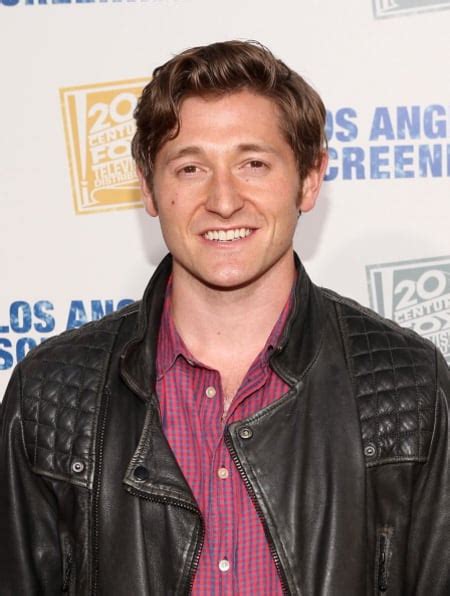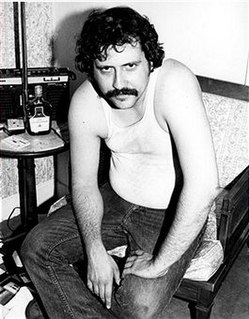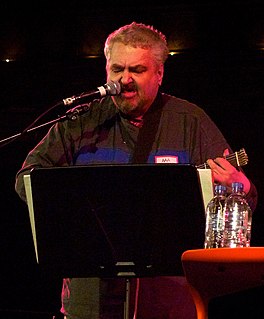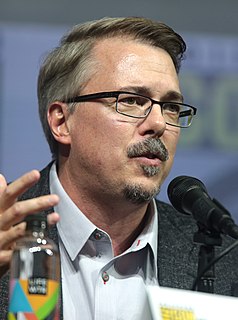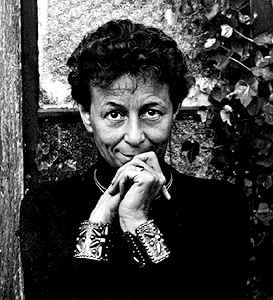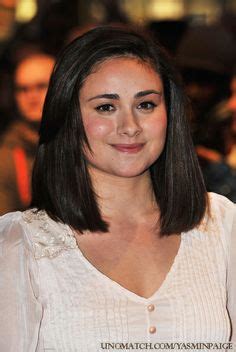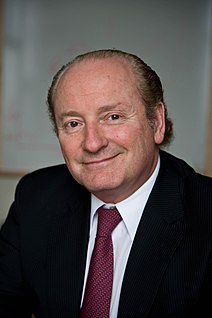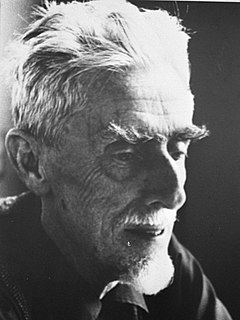A Quote by Herbert Hoover
Engineering training deals with the exact sciences. That sort of exactness makes for truth and conscience. It might be good for the world if more men had that sort of mental start in life even if they did not pursue the profession.
Related Quotes
If you ask ... the man in the street ... the human significance of mathematics, the answer of the world will be, that mathematics has given mankind a metrical and computatory art essential to the effective conduct of daily life, that mathematics admits of countless applications in engineering and the natural sciences, and finally that mathematics is a most excellent instrumentality for giving mental discipline... [A mathematician will add] that mathematics is the exact science, the science of exact thought or of rigorous thinking.
I think as technology and expertise makes possible these sort of amazing levels of fidelity to the real world, a lot of people sort of get sort of - what's the word I'm looking for - seduced into that. And after a time, they get tired of it and they become a little bit more interested, I think at a certain level of subtraction and a new level of sophistication.
If [Sean] doesn't see me a few days or if I'm really, really busy, and I just sort of get a glimpse of him, or if I'm feeling depressed without him even seeing me, he sort of picks up on it. And he starts getting that way. So I can no longer afford to have artistic depressions. If I start wallowing in a depression, he'll start coming down with stuff, so I'm sort of obligated to keep up. And sometimes I can't, because something will make me depressed and sure as hell he'll get a cold or trap his finger in a door or something, and so now I have sort of more reason to stay healthy or bright.
I do think that taking these sort of natural mind-opening and altering drugs does have an effect. Doors and windows that you didn't even know were in the house are open and you're seeing views you've never noticed before. Even though, when you come down, the world sort of goes back to the way it was, an inkling of that transformed vision and experience of the world remains. I think it's a little bit medicinal, and over time it sort of builds up a new experience of the world. That's when I think smoking pot and doing drugs is really good for you, spiritually speaking.
I feel that a documentarian has an obligation to tell the truth as he or she interprets it. And what I mean by that is that documentarians don't necessarily have the same sort of obligations that a journalist might have. A journalist might be called upon to be objective, whereas a documentarian is sort of forced to take sides.
Everyone sort of sees his own life and times as being ephemeral. One thinks that everything good or important that happened, happened in the past. But I think that seeing scenes that you are used to, but with the heightening effects of poetry, perhaps makes you value your life and times more than you might otherwise do.
By keenly confronting the enigmas that surround us, and by considering and analyzing the observations that I had made, I ended up in the domain of mathematics. Although I am absolutely without training in the exact sciences, I often seem to have more in common with mathematicians than with my fellow artists.



